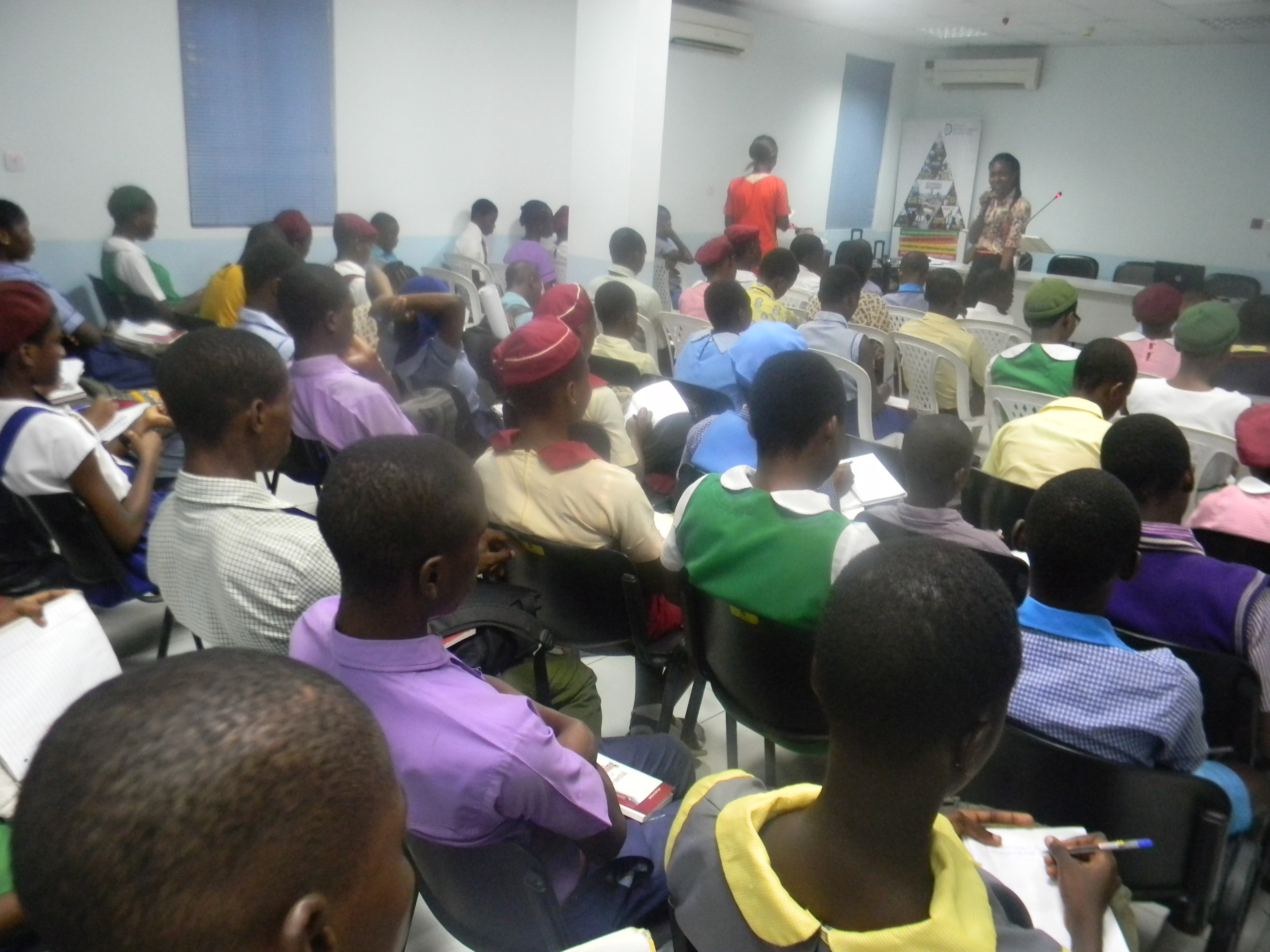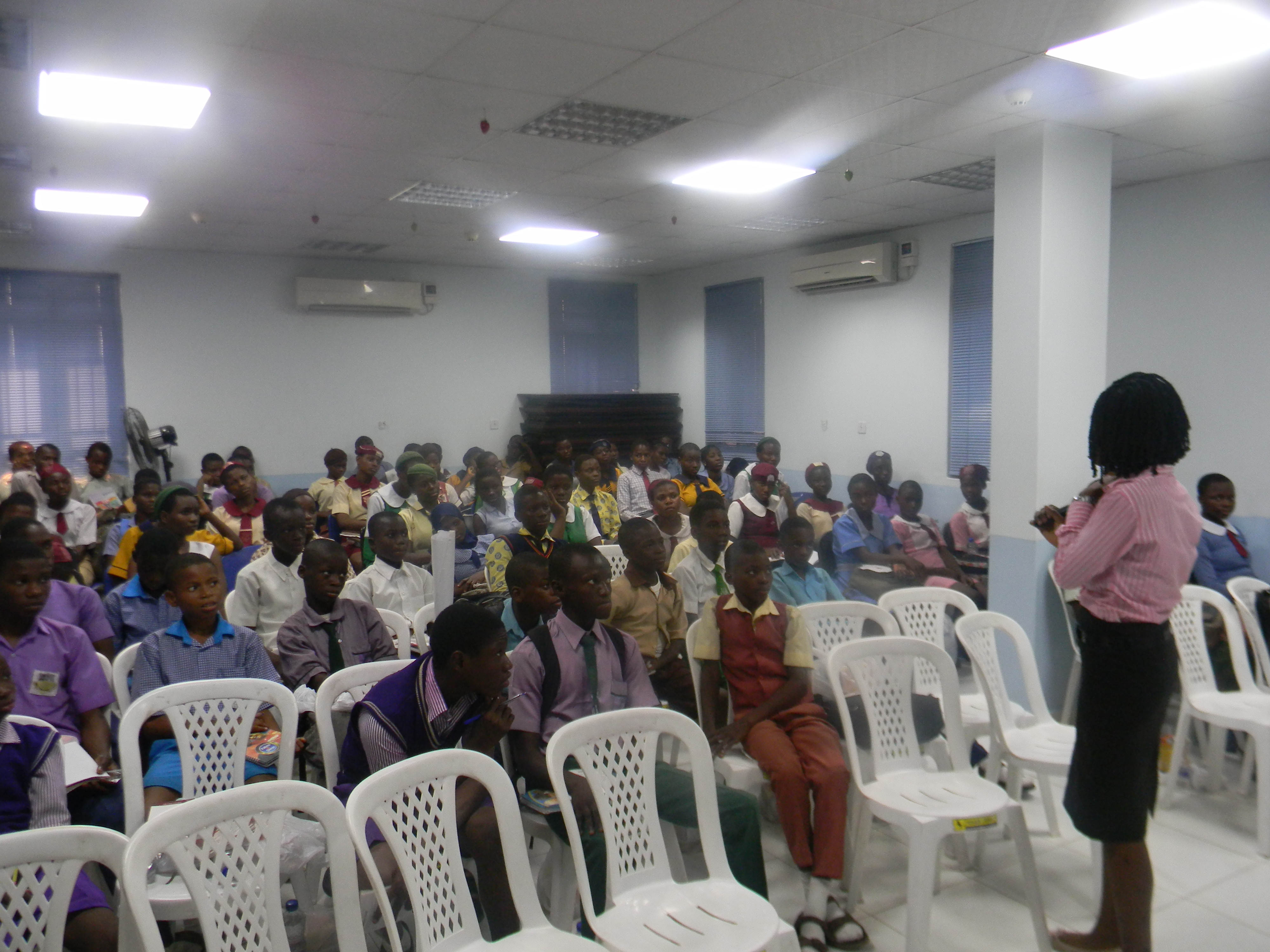Adolescent Sexual and Reproductive Health Information

Written by: Mrs Olufunso Owasanoye
Adolescence is a period of transition between childhood and adulthood: it is a period in which ‘although no longer considered a child, the young person is not considered an adult either’. That is a stage of physical, psychological and social changes from childhood to adulthood. Adolescence can be subdivided into three periods:
- Early: 10-14 years
- Middle: 15-17 years
- Late: 18-19 years
Reproductive health is a state of complete, physical, mental and social well-being and not merely the absence of disease or infirmity, in all matters relating to reproductive system, its functions and processes (W.H.O.)
Adolescent sexual and reproductive health refers to the physical and emotional well-being of adolescents and includes their ability to remain free from unwanted pregnancy, abortion, STIs/HIV, and all forms of sexual violence and coercion.
The recent scourge of sexually transmitted diseases (infections) (STIs/STDs) including HIV/AIDS, teenage pregnancy, rape, indecent dressing, abortion, homosexuality in Nigeria has, brought to limelight the need to deal with adolescent/youth sexual health issues.
One of the challenges of adolescent and youths is how to cope with demands of their sexual development. Twenty five percent of sexually active teens will get one of the aforementioned diseases before they graduate from secondary school, which means if you have sex, you have got one in four risk of contacting STD. There are more than twenty different infections that can be passed from person to person during sex, some are caused by bacteria and can be cured with antibiotics. Virus causes some, because antibiotics do not affect virus they cannot be cured, only symptoms can be treated.
Life is not often fair; while an STD is no picnic for a boy, the consequences for a girl are more severe. Not only can girls be infected more easily than boys, STDs can cause serious future problems, if they are not diagnosed and treated. They can cause PID (pelvic inflammatory disease), which is an infection in the uterus, the ovaries, the fallopian tubes and other abdominal organs, the infection causes scars, which can close up the fallopian tubes or prevent the ovaries from making eggs properly. The woman may never be able to have a baby.
TIPS FOR ADOSLENTS TO BE SAFE ABSTINENCE
A.B.C is basically an HIV/AIDS and STD’s prevention strategy
- A stands for abstinence from sex it is meant for married couples
- B stands for Be faithful. Fight against STD’s, HIV/AIDS starts with prevention.
- C stands for correct and consistent condom.
- S –Say no effectively and often send a non-verbal NO with your body language for example with your hand, look directly at the person and maintain eye contact, stand straight and tall.
- W – WHY, give clear reason for not engaging in sexual intercourse.
- A– Alternative, suggest an alternative action.
- T– Talk it out, discuss your feelings and do not compromise
- Report any case of touching or sexual harassment to your parent, trusted person and COUNSELOR, do not be afraid of anyone except God.
- Avoid tempting situations like getting too close to or being alone with opposite sex.
- Be contented it’s greed that makes you to have sugar mum and dad
- Avoid situations where you will be abused sexually
- Do not read, listen or watch anything that will arouse you sexually
- Girls do not accept drugs for abortion your reproductive organs will get damaged.
- Boys do not allow any uncle or teacher to play with your private part
- Abstinence is the key protect yourself from STD, HIV
- Learn Refusal Skills, let your NO be NO
- Speak-out whenever you are abused in any way, especially from relatives
- Dress decently
- Be assertive: stand firm in words and action for what you believe in.
- Pre marital sex does not mean maturity, be determined to stay away from it now
- Do not go into the habit of fingering your private part or INSERTING any object into it
- Be careful of where you go, what you look at, what you listen to and your thoughts, if negative they can arouse you sexually
- Stay away from peers who pressure you into having sex
